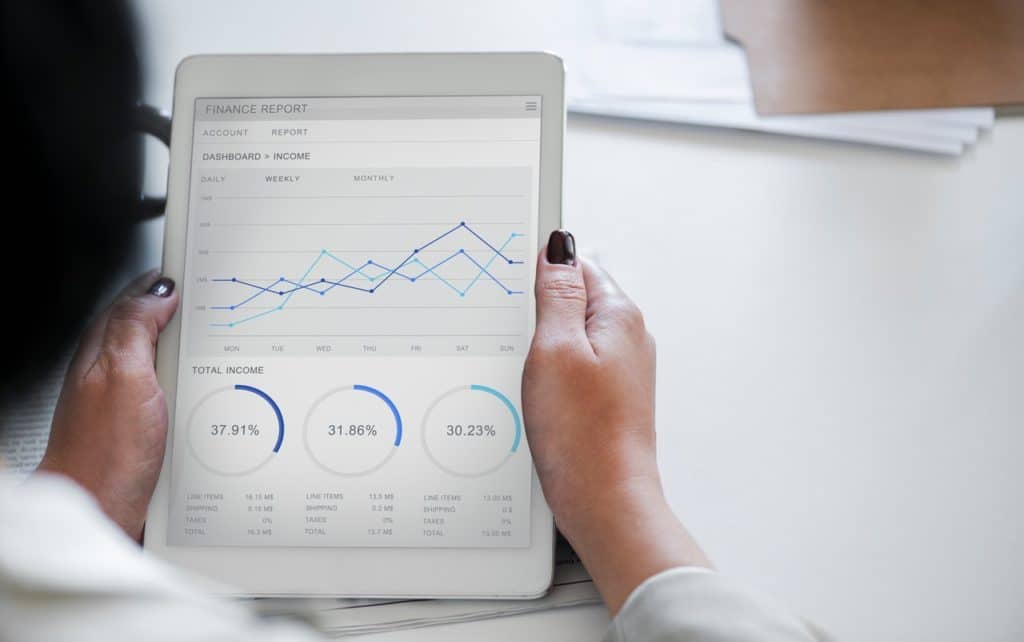A contract for difference (CFD) trade is a trading instrument that allows investors to earn from an asset price’s changes in value without transfer of ownership of the underlying asset. The agreement is that the broker will pay the investor the difference between the current price and the price at closing time. This method of trading offers attractive benefits which have seen it gain a lot of traction in recent times. Let’s explore some of the advantages below.
Leverage
CFD traders have the advantage of leverage, which is investing only a fraction of capital known as margin. This means you only pay a small amount, rather than covering the entire value of your position. The margin depends on the scale of the trader’s position and the margin factor for the specific trade market. A position is the expression of trade commitment by a trader in the form of security, a currency or a commodity.
Some CFD brokers accept as little as 0.20% margin investment. Usually, the lower the margin needed, the less capital you need to invest, and the higher the potential profit. Leverage allows a trader to make a higher profit by letting their margin work for them.
The Ability to Hedge Your Share Positions
CFD trading allows traders to hedge their portfolios to minimize or mitigate potential risks. For instance, if you have invested in a margin that takes weeks to months and is facing a decline, you can open a short-term position.
If you predicted accurately and your investment in the long-term position drops in value, the short position will earn you gains, offsetting the loss in the long-term position. If your prediction was inaccurate, both positions earn you a profit, giving you a win-win.
Room to Go Short
Short selling is a trading strategy that takes advantage of an expected decline in the price of an asset.
A CFD trader’s profit is the difference between the current and closing position values. A CFD platform has both buy and sell prices. An investor will trade with the ‘buy’ price if prevailing conditions indicate an upward trend, and at the ‘sell’ price if prevailing conditions indicate a potential downtrend.
This means you will profit from the trade, no matter if the asset price is declining or going up. The advantage of short trading is that you can reap a profit directly from declining markets. This strategy is almost impossible to exercise with other products that are not derivative like CFDs.
✋ Warning
A Wide Array of Trading Markets

CFDs provide an opportunity to trade in an impressive array of markets, ranging from stocks, shares, indices, currencies, digital currencies, energy, commodities, forex, and more. To top it up, you can trade across multiple ranges of devices, including mobile phones. Also, you don’t have to log in to a myriad of platforms to access each portfolio, as they are accessible in one login.
Another plus is some markets and brokers offer an around-the-clock platform, allowing traders to access their portfolio anytime and anywhere. This means you never miss valuable trading opportunities, even when prices are changing fast.
Customizable Contract Sizes
Most CFD brokers offer a rich variation of contract sizes that traders can choose for different trades or investments. CFD contract sizes are often smaller than those for other trading instruments, allowing you to enter the market with only a small deposit.
The flexibility of CFD contract sizes enables a trader to customize their investment according to their capacity for risk tolerance. Beginner traders should make smaller deposits until they learn the ins and outs of trading to avoid making losses at the beginning.
Free of Stamp Duty
Unlike other types of securities, CFD investors do not incur a stamp duty since there is no physical change of ownership involved. With CFD investments, investors are only anticipating the future price of a stock, bond, commodity, cryptocurrency, or index.
The thing to remember, though, is that laws change all the time. Also, CFD traders, especially beginners, should consult with a tax professional to gain a thorough understanding of their unique trading situation.
CFD trading is a viable trading instrument with low risk for loss and flexible requirements. Traders who are just entering the CFD market should first study and comprehend the potential risks involved. With adequate research, traders can move to benefit from the various offerings of CFDs while avoiding risks.





